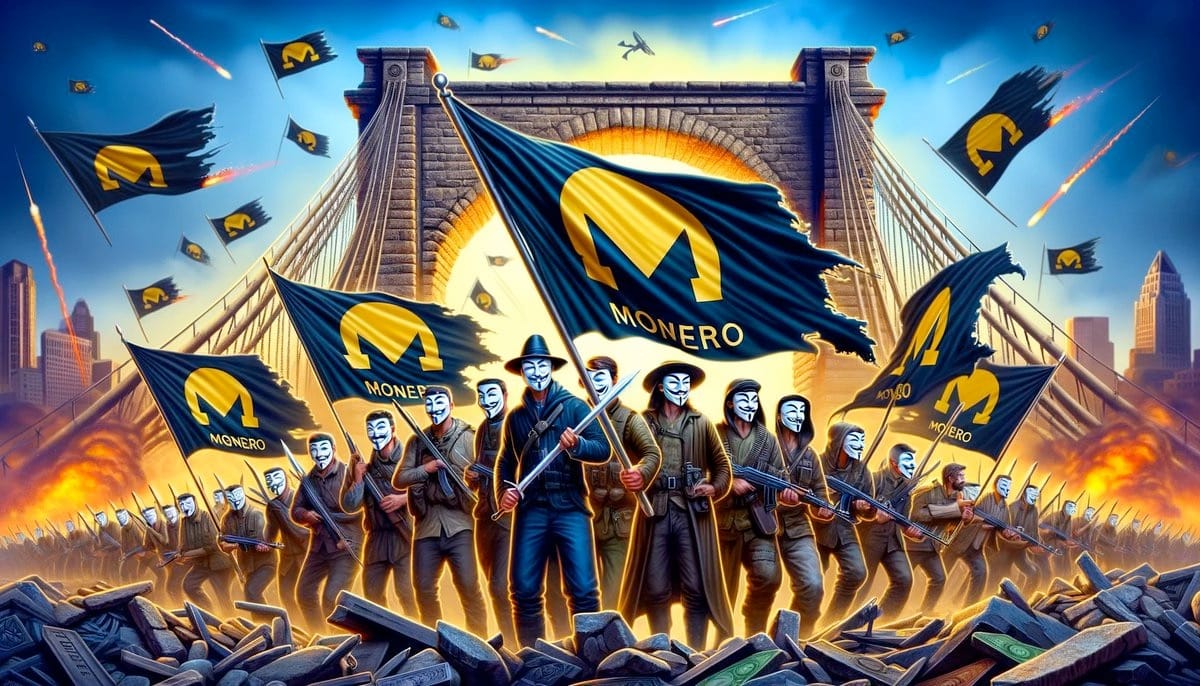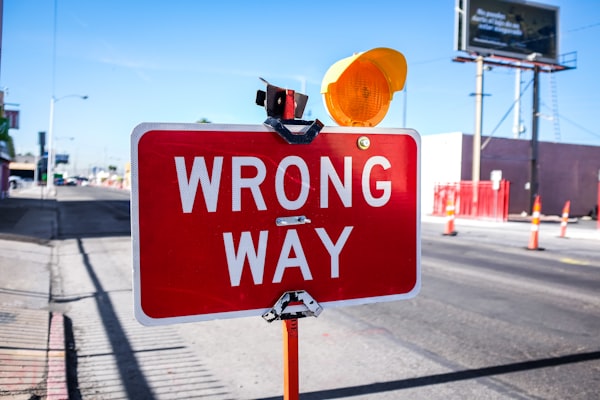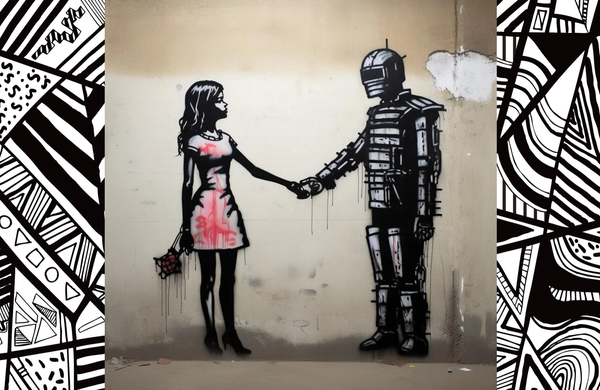(This post does not serve as financial advice and should not be treated as such.)
Take a brief look at your money.
Maybe this means dipping your hands into your pockets and pulling out some wads (or scraps) of paper cash and coins.
But there's a good chance that there's not a lot of physical cash on you.
Instead, the majority of it lives online, represented by a digital number in a bank account, which is viewable through an app.
As you live your life, you'll watch that number go up and down as you spend and earn.
But can you think of a number that mostly only goes up?
One that belongs to you, but you don't have easy access to?
It's yours, but...hmm, maybe not really?
The retirement fund.
In a country like the US, it's called the 401(k).
In a different country like Australia, it's known as superannuation, or "super" for short.
It's a fund of money that you and/or your employer contribute to in order to save up for your retirement.
The money in there belongs to you...for the most part.
I can see you raising your eyebrows, but bear with me.
You see, the definition of "ownership" is that whatever you "own," belongs to you.
And whatever belongs to you, you're free to do with as you please. When you want, how you want.
But when it comes to your retirement fund, whether it's a 401(k) or a super or anything else, while that money is entirely yours, you have to go through hoops and hurdles just to access it.
And then, if you get approved to access it, you can incur hefty penalties for doing so.
Does that sound like "ownership" to you?
Why do you need to kiss someone else's feet and pray that they let you use your own damn money?
And if you get the ok to withdraw your money, why should you get penalized for it?
I read online that someone said that "your retirement fund is one hell of a drug that shouldn't be abused and ~50 years of contributions and compounding interest should be a blessing to all."
Allow me to cut through the sugar-filled clouds of bullshit real quick.
The bottom line is that this money is yours.
It does not matter:
- Why you wish to withdraw from your retirement fund.
- That you're withdrawing early at all.
- How much you're withdrawing.
- That in withdrawing early, you're cutting yourself off from increased earnings down the road.
If you withdraw money early and have less for retirement later, that's on you. If you lose out on bigger gains later, that's on you.
That's not the point.
You should have full, unrestricted access to it, and in having that, understand the ramifications of not saving up for retirement.
What's yours is yours, and no one should ever be able to take that away.
The faulty (and invasive) financial system of today
Let's make a list of some buzz words you might've heard of recently:
- Decentralization
- Permissionless
- Censorship-resistant
- Mining
- Blockchain
- Bitcoin
Enter, cryptocurrency.
I've been in the crypto space since 2017, so I've found myself drawn to the concepts of ownership and financial liberty for quite some time.
Unfortunately, the hoops and hurdles of accessing your retirement fund aren't the only symptoms of a faulty financial system we've built.
You can see another one every time you pull open that app of yours to view that digital account balance.
We're talking about banks.
Now, I'm not saying banks are all that bad. I'm not saying they're hell-sent demons bent on ruining your life.
Ever heard of a frozen bank account? It can happen to anyone, and because you're trusting your money to a bank, they can deny you access to it.
It doesn't matter if they unfreeze your account eventually.
They get no penalties for inconveniencing you.
You have a life to live and if you live exclusively on your credit and debit cards, your spending comes to a standstill if your bank (or credit card company) decides to freeze your account.
Furthermore, why should banks, these third parties who you most likely have no personal or emotional connection to, have the right to know:
- Where you live?
- How much you make?
- When you get paid?
- Who you transact with and when?
- What you decide to spend your money on?
- Where you go to conduct business?
The only thing tying you to them is that they're holding your money.
That is it.
Maybe you do, but there's a good chance that you don't love them. You're not married to them. You don't owe them your life.
And yet, in exchange, they get front-row seats into the window of your life and get to see a lot of private information about you.
If this doesn't bother you, you should be able to answer all of the questions above in full detail and give them out to everyone you meet.
And if you don't feel comfortable in doing so, it means that you, too, value privacy. At least to some extent.
But the bottom line is that you're giving third parties you have no real ties to full access to money that belongs to you, as well as information that they have no real right to know.
The sanctuary for spenders
I see cryptocurrency as a sanctuary from the control freaks.
Whether that means banks, the government, or your retirement fund organization.
Cryptocurrency is a safe haven in the sense that...well, that's where all the buzz words come in.
Let's go over just a few.
- Decentralization means that there's no central authority governing the crypto networks. The transition from supervision and decision-making from a centralized, singular party (like a bank or government) to a dispersed network. Lack of centralized authority leads to reduced chances for corruption.
- Permissionless means that users do not require permission to use a crypto network. No central party should have the option to allow or disallow anyone from using a permissionless platform, and instead, everyone should be able to participate.
- Censorship resistance means the freedom to transact, the freedom from confiscation, and transaction immutability. No more control over your account. No more freezes, no more denying you access to your money, and no reversing or toying with your transactions.
And those are just a few of the qualities that draw people to crypto.
Whether it's the everyday person who cares about financial liberty or someone living in a corrupt country with a near-valueless ever-inflating currency, more and more people are starting to understand why cryptocurrencies have value.
Crypto has going for it what the modern financial system lacks in multiple, multiple ways.
Bitcoin was the first cryptocurrency and it kickstarted this revolution, but if you'd like to know which cryptocurrency I have my faith in, its name is in the flags of the picture above.
And just to reiterate, like I said at the beginning of this article, this isn't financial advice.
But cryptocurrency is worth looking into if you value the idea of owning your money and you appreciate not being controlled by a third party.
You have rights.
You deserve to have full access to what is yours.
You deserve privacy and to have your info protected.
Own your money.
Fight for liberty.










Member discussion